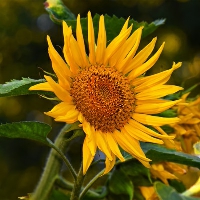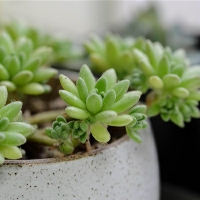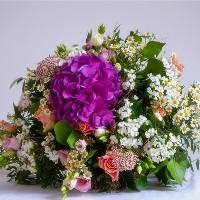Han Hong cried in the tenth issue of the first season of the Voice of the Chinese Dream. In the promotion of the top 12 of the first season of the Voice of the Chinese Dream, Li Liyu vs Zhang Jie, and Zhang Jie was eliminated. Han Hong cried bitterly.
The Voice of the Chinese Dream (English: Chinese Idol) is a large-scale singing contest program jointly created by Oriental Satellite TV and the production team of American Idol. The prototype of "Voice of the Chinese Dream" is American Idol, a trump show that has 12 years of brilliant viewing history in the United States and is known as "the king of American reality shows".
Li Xiangxiang, a powerful singer of the post-90s generation from Anhui Province, won the first season of Voice of the Chinese Dream. Yang Jima and Ai Fei ranked second and third respectively. The second season of The Voice of the Chinese Dream landed on Oriental Satellite TV at 9:00 on September 21, 2014. This is the largest and most influential TV reality show introduced by China, and also the most anticipated music TV program in 2014.
The success of The Voice of the Chinese Dream is based on the following factors: First, it makes idols within reach. The four mentors of the Voice of the Chinese Dream are the superstars of the Emperor, who are aloof from ordinary people. Through the program of the Voice of the Chinese Dream, people can get close contact with them, and even, if they are lucky, may become their disciples. Second, it makes fame within reach.
It is everyone's dream to become famous overnight. However, although the dream is beautiful, the reality is cruel. Most of the common people live a sad and mediocre life with no talent, and die in obscurity. China Lovers of Singers provides a rare platform and opportunity for the common people to learn to sing. As long as you are brave and dare to stand on the stage, Show the world your talents and skills, and you may become famous.










